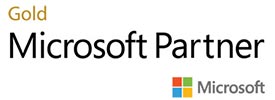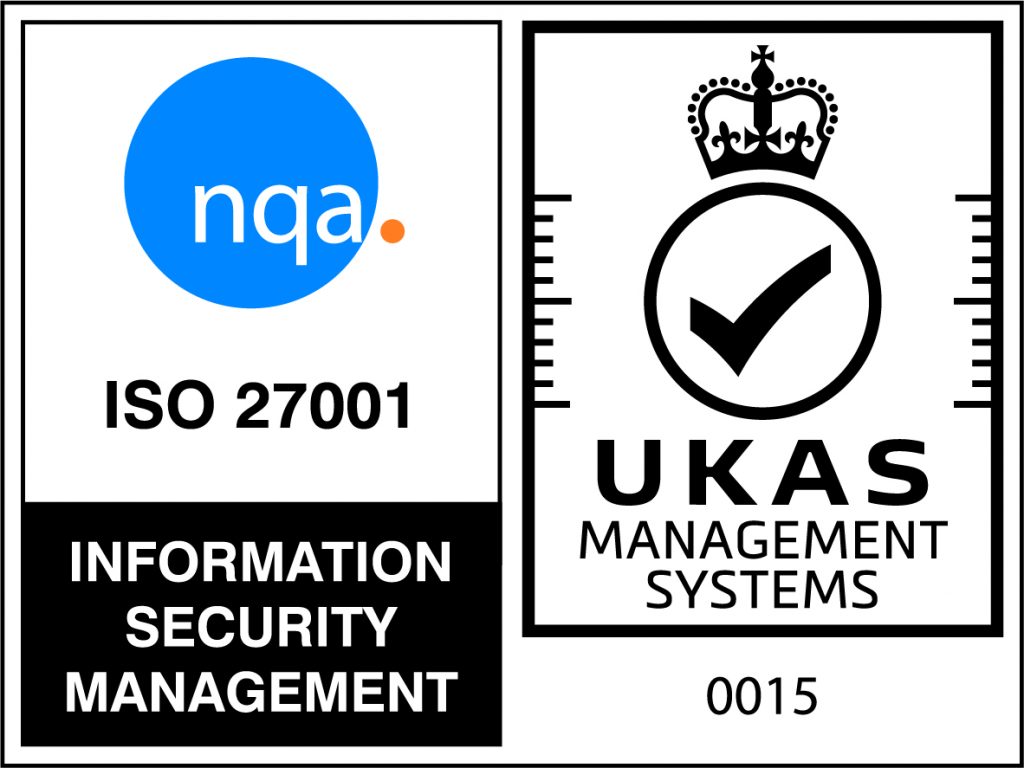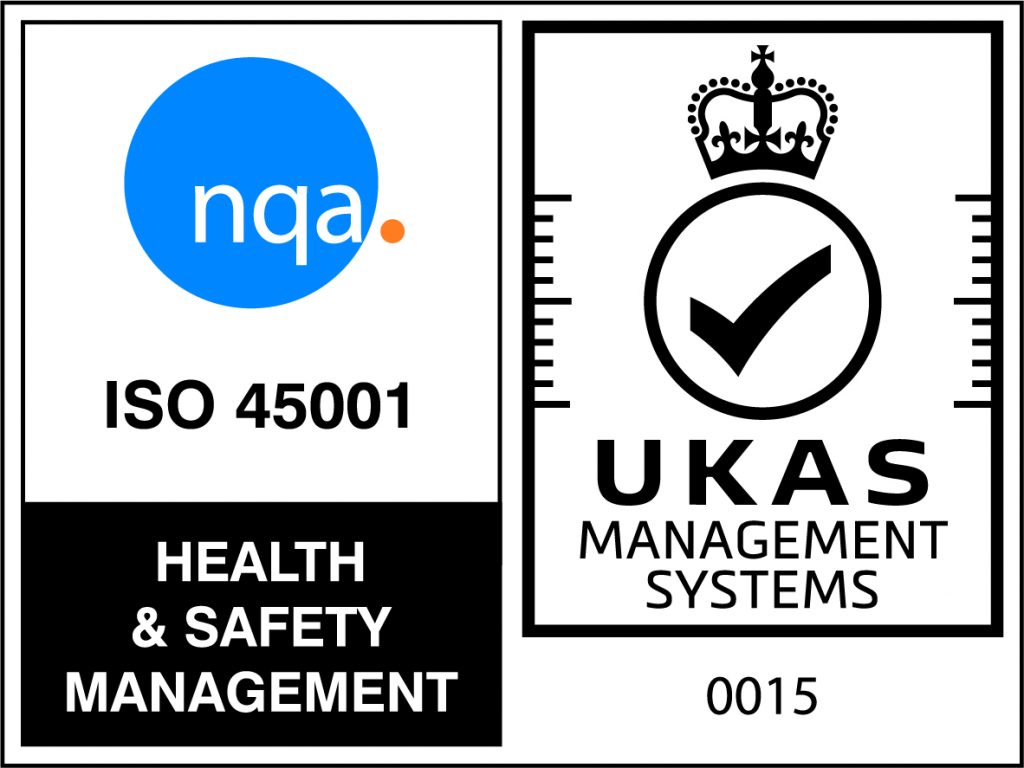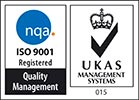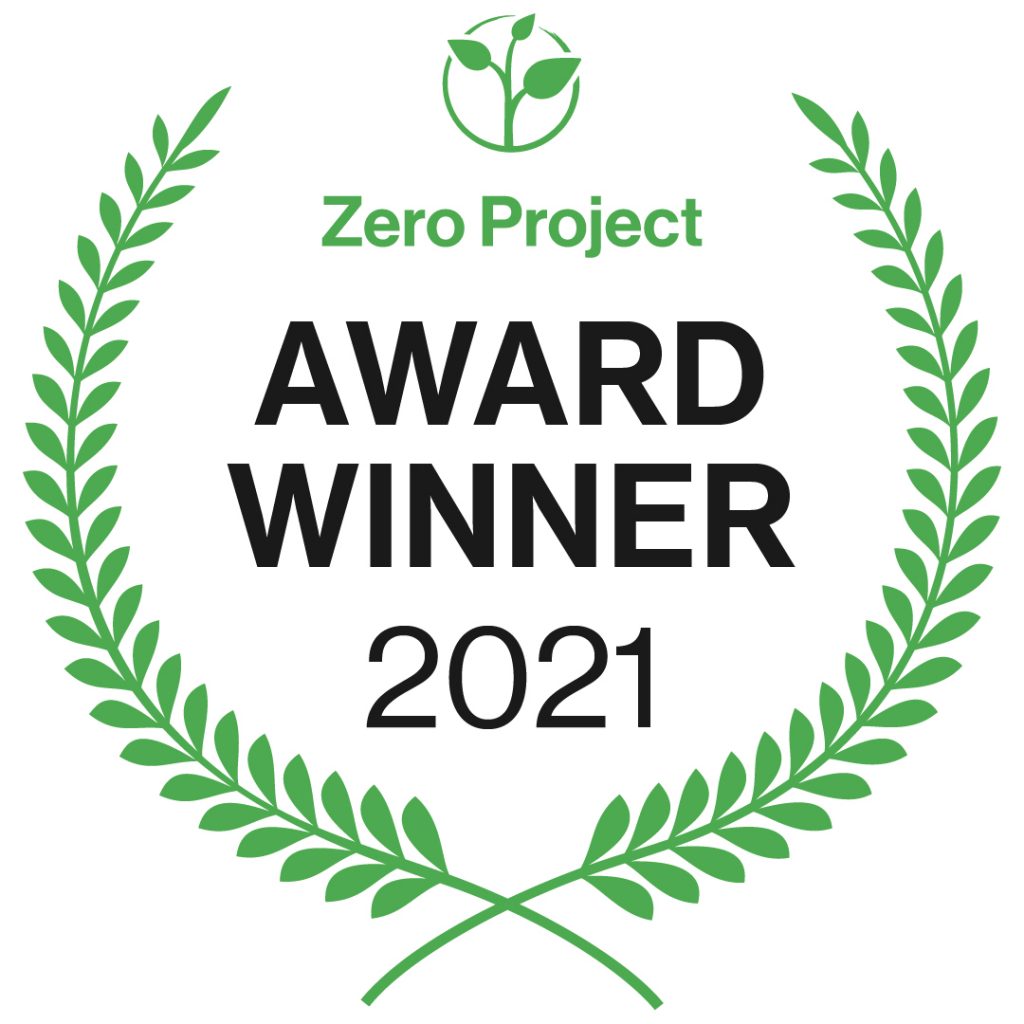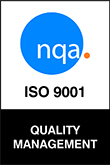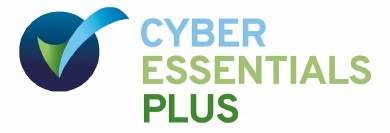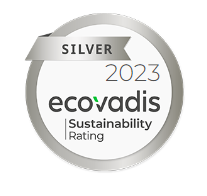Today, Microlink is proud to celebrate Global Accessibility Awareness Day. Accessibility is an issue we are hugely passionate about. We believe wholeheartedly in the idea that nobody should be barred from accessing a space, a website, a job, a document, or anything else, because of a disability. Building an accessible world is a core part of our mission; it is the essence of why Microlink works so hard to deliver life-changing workplace adjustments, accessibility services and assistive technology.
Today we want to go into a bit of depth to tell you about one unique accessibility project about which we are immensely proud. That project is the PDF Remediation Scheme which was set up by our Digital Accessibility team in 2022. When it comes to Digital Accessibility, many organisations are willing to try to understand and improve the experience of disabled users when it comes to new and easily updatable assets (e.g. their website, their app, new documents.) However, when it comes to older inaccessible material, attitudes are much less enthusiastic.
Many mountains of old PDF files pose a particularly challenging problem, especially for public organisations who may have hundreds of thousands of records that do not meet legal requirements for accessibility. The propensity for organisations to bury and avoid the problem of inaccessible only heightens the issue. Microlink Digital Accessibility Consultant, Dr Neil Rogers, describes PDF accessibility as representing “one of the biggest problems out there”. So, the question we asked at Microlink was: “what can we do to be part of the solution?”
The answer came in the shape of an ingenious scheme devised by Microlink’s Digital Accessibility team. We saw an opportunity to not only help fix inaccessible PDF files, but also to create a major employment opportunity for young people, especially young disabled people, who were struggling to find or remain in work. In 2022, still in the shadow of the most tumultuous days of Covid-19, Microlink used the UK government’s (since withdrawn) Kickstarter scheme to hire ten young people who had been experiencing difficulties finding employment. Of these ten, half disclosed as neurodivergent. Having been hired, all ten were taught about the key tenets of Digital Accessibility, about international accessibility standards and about the vital and highly in-demand skill of remediating PDFs.
The team quickly got to work on a project for a London Borough Council who needed to make a huge number of PDF files accessible. Supported by an AI platform the team managed to remediate 45,000 pages in six months. Dr Neil Rogers recalls with pride how the team took to the project, sharing how they “even created a discord server to share ideas and come up with better ways of working”. Jacob Robinson who was part of the group who joined via the Kickstarter scheme and is now Digital Accessibility Administrator at Microlink remembers the initial project with fondness. He says:
“At first I was just happy to be working with computers, but after a while I realized that the work I’m doing is actually helping others… The most important thing for me was the teamwork, all the way throughout the project we supported and learnt from each other.”
Jacob’s sentiments were echoed by the colleagues he worked with at the time as can be seen in Kickstart…An Unexpected Journey (youtube.com).
Unfortunately, many organisations continue to see PDF remediation as a problem that is too big to tackle. As a result, our initial hopes of seeing the scheme adopted throughout the country remain longer term ambitions. That said, with initiatives such as Global Accessibility Awareness Day there is room for hope that people will begin to recognise the issue more, we can recreate the win-win scheme that helped drive a more accessible world while opening employment opportunities for individuals who need it. It was this note that Microlink CEO, Nasser Siabi, stressed:
“The PDF remediation scheme is an opportunity for anyone who with focus and attention to detail. Whether in the case of young people or other groups such as ex-offenders, PDF remediation is a desirable skill which can dramatically improve their future outcomes. There is a legal need for public sector organisations to take the issue seriously, and a growing interest from the private sector. All of it amounts to a chance to make the world more accessible, while training often underused people a vital expertise. Win-win situations are rare, let’s not miss out on this one!”

 Back to News
Back to News








